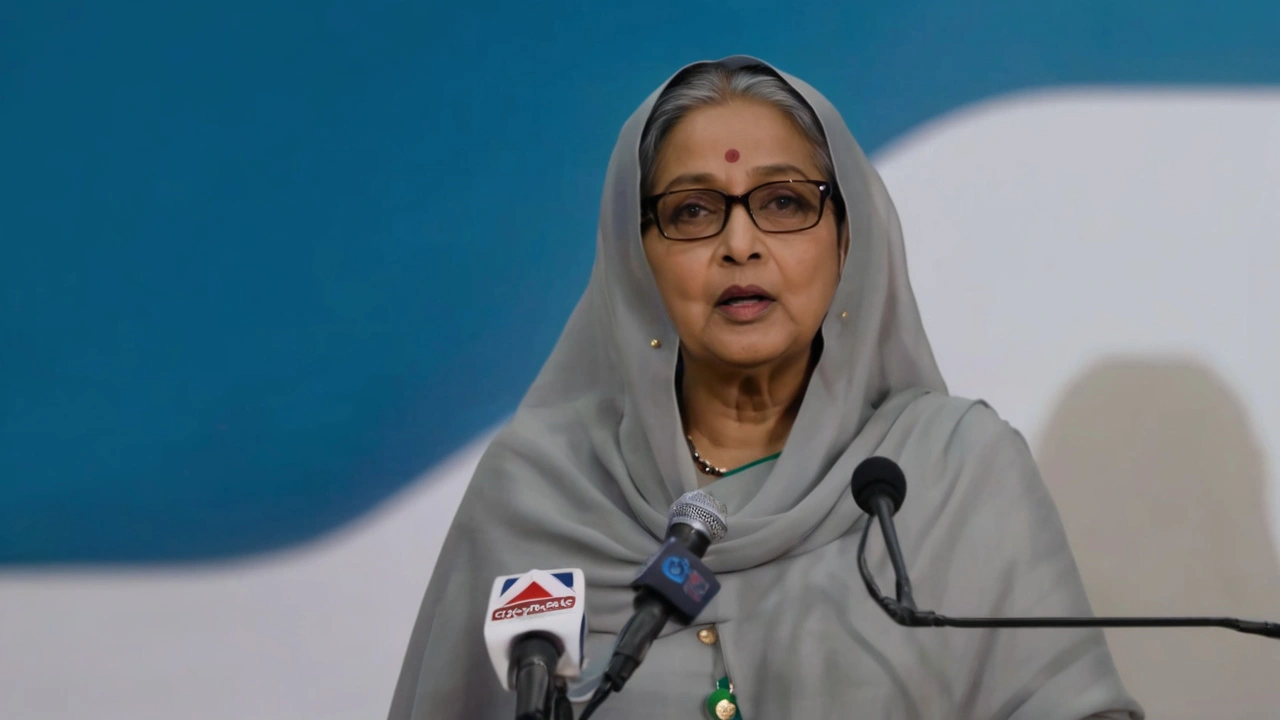Protests in Africa: Recent Demonstrations and What They Mean
If you’ve been scrolling through the news feed lately, you’ve probably seen a lot of headlines about people marching, chanting, and demanding change. From Kenya’s land‑dispute clashes to outrage over a police chief’s resignation, protests are shaping the continent’s story right now.
Why Are People Taking to the Streets?
Most African protests boil down to three core grievances: land, power, and accountability. In eastern Kenya, for example, disputed plots have turned into security flashpoints, with politician Kipchumba Murkomen warning that unchecked squatting could spark violence. When ordinary folks feel their rights are ignored, they hit the streets to make sure the government listens.
Another big driver is police and political misconduct. The recent resignation of Deputy Inspector General Eliud Lagat after the death of blogger Albert Ojwang in custody sparked nationwide anger. Citizens demanded transparency and justice, showing how a single incident can ignite a wider movement demanding institutional reform.
What’s Happening Right Now?
Here are a few of the most talked‑about protests you should know about:
- Kennedy Land Disputes: Murkomen’s warning highlighted how contested ownership and illegal occupation in Upper and Lower Eastern Kenya have become flashpoints for conflict.
- Police Accountability Rally: After the tragic death of journalist Albert Ojwang, citizens gathered across major cities calling for an independent investigation into police conduct.
- Student Walkouts in South Africa: University students are demanding lower tuition fees and better campus safety after a series of violent incidents on campuses.
- Environmental Protests in Nigeria: Communities near oil pipelines have organized sit‑ins to protest spills that threaten their water sources and livelihoods.
Each protest follows a similar pattern: a spark, rapid mobilization via social media, and pressure on authorities to respond. The outcomes vary—sometimes you see policy shifts, other times only temporary concessions—but the momentum keeps growing.
How Can You Stay Informed?
The best way to keep up is by following reliable local sources and checking platforms that aggregate African news. Sites like Ancient Earth News pull together stories from across the continent, giving you a single place to track protests as they unfold. Sign up for newsletters, set Google alerts for keywords like “Kenya land protest” or “police reform Africa,” and watch live streams on social media when major rallies happen.
Remember, protests are not just headlines—they’re real people pushing for change. Understanding the why behind each demonstration helps you see the bigger picture of Africa’s evolving political landscape.
Bangladeshi Prime Minister Sheikh Hasina Escapes Amid Violent Protests in Dhaka
Prime Minister Sheikh Hasina has fled Bangladesh following violent protests that stormed her residence in Dhaka. The ongoing demonstrations, which have turned deadly with over 91 casualties, demand her resignation. The unrest has resulted in extensive looting and property damage, raising concerns about the government's ability to maintain order.
READ MORE
